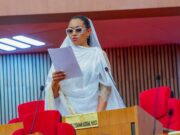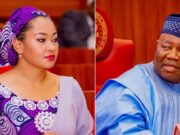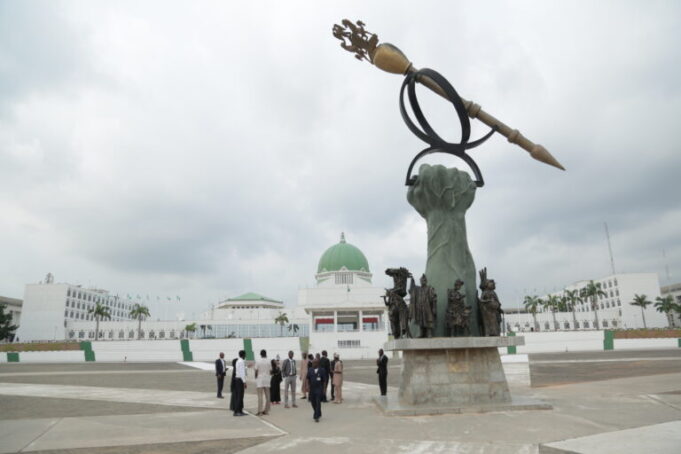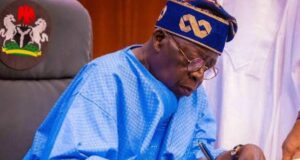Ahead of the 2027 elections, the Resource Centre for Human Rights and Civic Education (CHRICED) has warned that the recent wave of defections by opposition legislators to the ruling All Progressives Congress (APC) could have serious consequences for Nigeria’s democracy.
CHRICED expressed concern that this shift of power towards a single party is threatening the country’s democratic system.
The group believes such defections could stifle political debate and limit the choices available to Nigerians, potentially leading to a one-party state.
At a press conference in Abuja on Tuesday, Comrade Ibrahim Zikirullahi, Executive Director of CHRICED, criticized the mass defection of 27 lawmakers in Rivers State, calling it a troubling trend.
He also pointed out that around 10 members of the House of Representatives had switched to the APC.
This growing dominance of the ruling party, he warned, could reduce the party’s incentive to address citizens’ concerns and needs.
Zikirullahi acknowledged the right of individuals to choose their political affiliations but argued that the increasing concentration of power in one party is undermining democratic practices.
He warned that a lack of political competition could lead to complacency, corruption, and reduced accountability, ultimately eroding public trust in political institutions.
He also expressed concerns about the economic policies of President Bola Ahmed Tinubu’s administration, particularly the removal of fuel subsidies and the floating exchange rate.
Zikirullahi described these policies as exacerbating poverty and hardship for many Nigerians, with no substantial relief being provided through short-term measures like food distributions.
The CHRICED executive director warned that the continuation of such policies would lead to further poverty, unemployment, and social instability.
He criticized the ongoing cash scarcity and rising costs for citizens who are forced to rely on Point of Sale (POS) operators to access currency.
CHRICED called on the government to focus on improving the welfare of the poor and vulnerable, implement sustainable economic recovery measures, and address disparities in public sector wages.
The group also advocated for judicial and police reforms, as well as a thorough review of the Independent National Electoral Commission (INEC), to strengthen Nigeria’s democracy and protect fundamental rights.

















